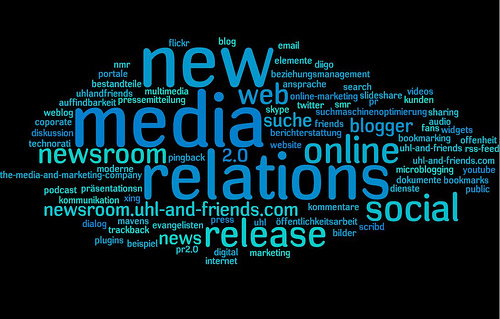The Internet has changed the way we make decisions. More and more, it is not individual humans who decide but an entangled, adaptive network of humans and machines. (W. Daniel Hillis 229)
Before I was able to access the internet, finding information was a lot more difficult. In order to access the information, you’d have to use a map, an encyclopedia, and hope to god your spelling was correct enough to look up the word in the dictionary. Games were either single player, or played on a table and shared between friends.
After the internet was widely accessible, and mobile phones become part of our wardrobes, information was at the literal tips of our fingers. Anything you needed to know from news, songs, writing tools, and anything you could think of could be accessed with in seconds. Knowing these tools made tasks faster and faster as the answers were more immediate and resources were significantly more abundant. Games became massively multiplayer, friends were meeting inside of games and on the web, rather than just in their local area. Card games are even being made digital, which now allows you to never lose a card, or a piece of the game.
THE INTERNET MAKES ME THINK IN THE PRESENT TENSE – Douglas Rushkoff
“It’s as if my cognitive resources are shifted from my hard drive to my RAM.”
The idea that the author of this response article was saying that his brain functions differently with the introduction of the internet. Since we used to find information by reading books, and working to find it, we were used to keeping and retaining the information within our minds. Ever since the internet Douglas feels like he relies on the internet so much, that the information we look up temporarily stays in our mind until we no longer need it, as we can retrieve it with a few key strokes.
I HAVE OUTSOURCED MY MEMORY – Charles Seife
“The Internet turned an occasional habit into my primary way of storing knowledge. As the Web grew, my browsers began to bloat with bookmarked Websites, with sites that stored information that I deemed important but didn’t feel obliged to commit to memory.”
Similar to what Douglas was saying, Charles join in agreement. Charles was making a point to say that when he was reading books, he’d have stack and stacks of books with placeholders for him to refer back to later. Now, instead of books he has websites that are bookmarked on his web browser, and rather than trying to commit it to memory, he just refers to the websites and forgets about it.

You must be logged in to post a comment.